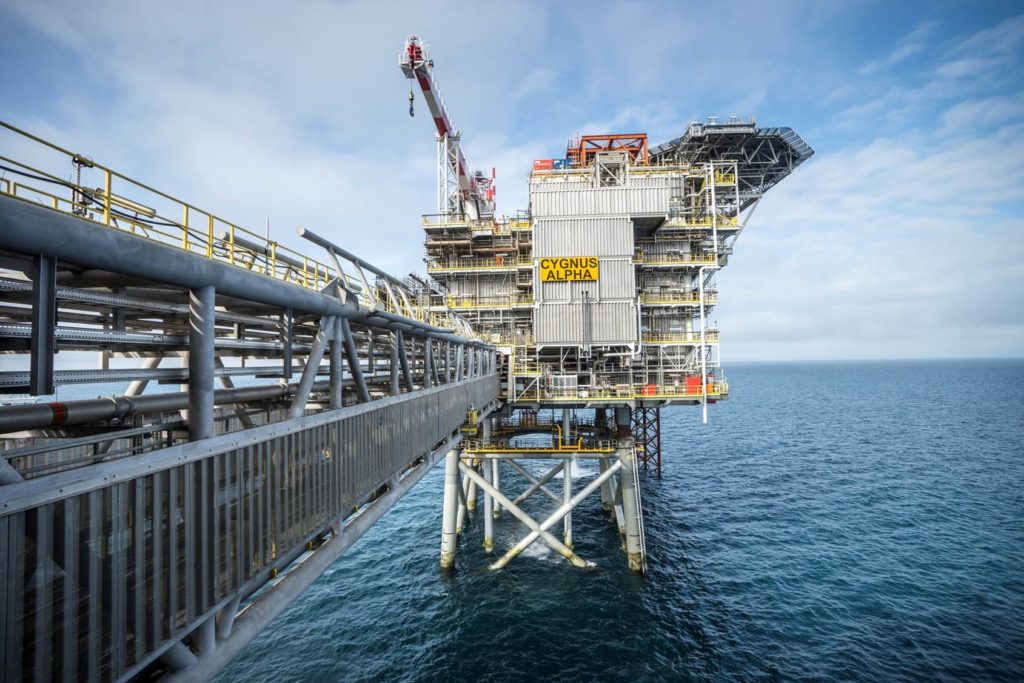
State-of-the-art drones are to be deployed on a North Sea platform as part of a scientific study to measure offshore oil and gas methane emissions.
Neptune Energy, alongside US-based group Environmental Defense Fund (EDF), will test the “first-of-its-kind” approach on its Cygnus gas production facility.
EDF will coordinate a team of international researchers to evaluate advanced methods for measuring offshore methane emissions, identifying key sources and prioritising mitigation actions.
Among the participants will be Scientific Aviation, a provider of airborne emissions sensing, and Texo DSI, a UK-based drone platform provider.
Reducing discharges of methane, which is the primary component of natural gas, is key if governments are to hit the targets set out in the Paris Agreement.
Last October, the European Commission introduced a strategy calling for oil and gas methane regulation.
It also mooted the idea of introducing a performance standard for gas used or sold in the EU, which is the world’s largest importer with 85% of its natural gas consumption coming from outside the bloc.
Innovative drone, aircraft and methane sensing technologies will be used on Cygnus, providing a close-up view of operations typical of North Sea platforms.
That includes gas separation, drying and compression technology, and flaring and venting.
The study is due to kick off in July, with initial results expected in October – outcomes will be published in a scientific peer-reviewed paper in 2022.
It is being supported and observed by global investment firm and Neptune-shareholder the Carlyle Group, which will help drive research learnings and improved standards.
Cygnus sits around 95 miles off the Lincolnshire coast in the Southern North Sea and is capable of supplying about 6% of the UK’s gas demand.
Pete Jones, Neptune Energy’s VP operations Europe, said: “Neptune Energy already has one of the lowest methane intensities in the sector, at 0.01%, compared with the industry average of 0.23%.
“But we want to go further and have set a target of net zero methane emissions by 2030. This study will help us identify where we need to take further action and how we can apply new measurement techniques across our global operated portfolio.”
A key objective of the research is to establish a “reliable benchmark” for assessing total offshore oil and gas methane emissions.
Previous studies have shown that official estimates can often understate the level of emissions released because reports are based on desktop calculations, rather than hard data.
Neptune is already a member of the Oil and Gas Methane Partnership (OGMP) and is signed up to its 2.0 framework, which aims to improve the reporting accuracy and transparency of emissions.
Organised by the UN Environment Programme, the European Commission, the Climate & Clean Air Coalition and EDF, OGMP will create a robust set of measures for participating companies to document and report their emissions performance.
It’s hoped this will lead to better and more widely available information for customers and regulators.
Currently, there are 65 global oil and gas companies participating in OGMP.
Mark Brownstein, EDF’s Senior Vice President for Energy, said: “Data transparency is paramount. Oil and gas companies have made commitments to tackle emissions, but you can’t just assert strong environmental performance. You must show it.
“Having credible data is the first step and we recognise Neptune Energy for valuing emissions reporting that is based on rigorous science.”
Recommended for you

